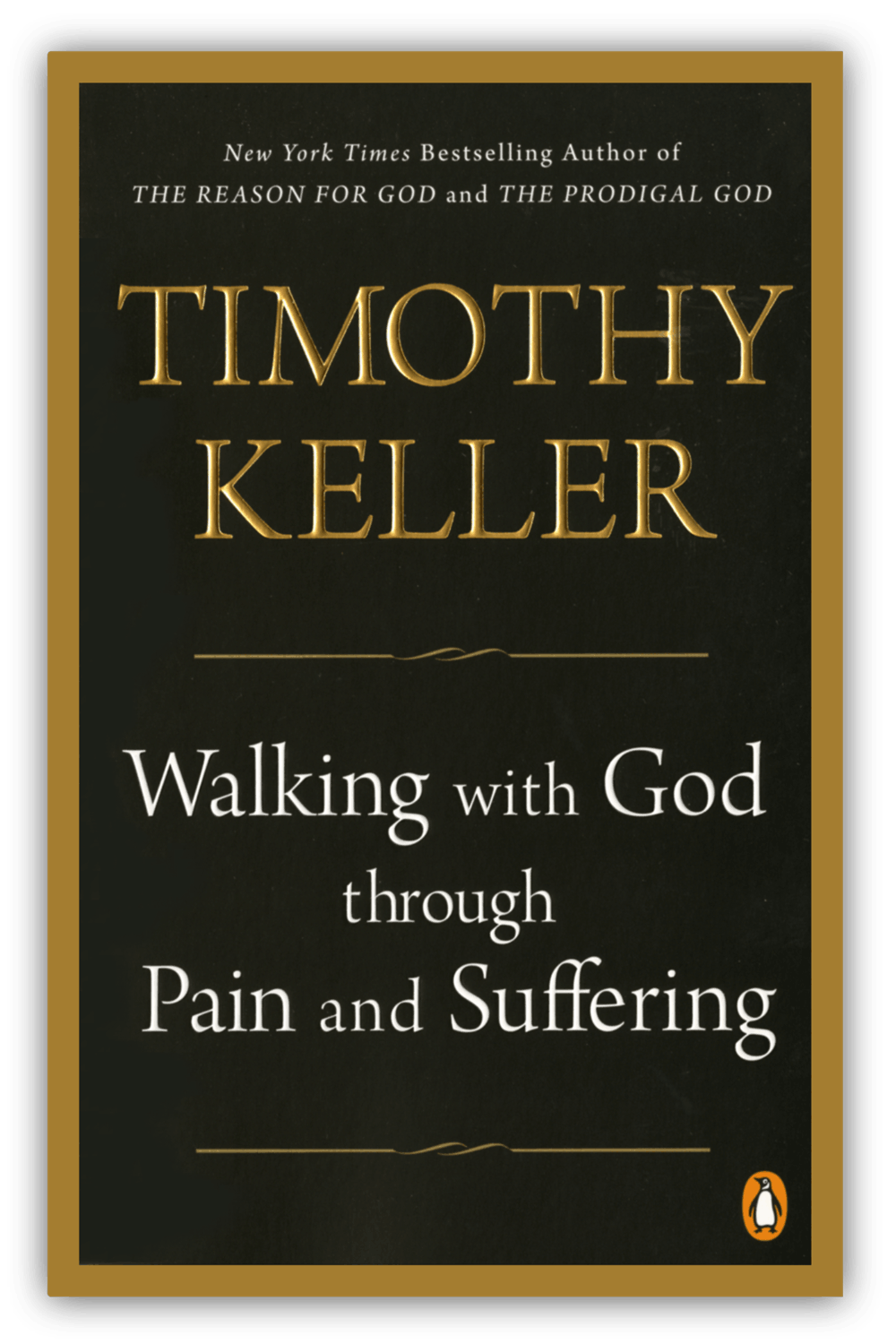I was born in Kannapolis, NC, a small mill town about 20 minutes from Charlotte, and raised in a single-parent home by my mother who was a widow. She met my dad 10 years after losing her husband and although they fell in love and conceived three children together, they never married. There was a stigma in those days to being born “out of wedlock.” Even though my whole family were active Christians, my mom carried that degradation, always being looked at as less-than.

In my mother’s house, as with all of my friends, being Christian was non-negotiable. Everyone was Christian. On Sunday mornings, no one was out jogging or walking their dogs, or going out for breakfast or to a sporting event or a team practice. Between 8 and 11am, everyone I knew was on their way to church. We attended First Baptist, which was across town from our home. It was very Baptist. Old school. People shouting, speaking in tongues, wrapped in the spirit. My grandfather had been a Baptist preacher, so this was my mom’s world—although she wasn’t welcomed into it with open arms. Her sins were ever before her in the faces of me and my sister.
Sunday school was held prior to the actual service and kids were expected to attend both. During the service, we sang out with passion when we were supposed to sing. And you better believe that we sat quietly when we were supposed to be quiet for fear of our lives. If I was kicking my heels on the bench, my mother had only to move her head half an inch in my direction, and I snapped to attention.
Even as a kid, behind all the pretense of piety and religiosity, I felt an undercurrent of hypocrisy within the church. People gossiped about one another, and whispered as we walked by. There appeared to be an air of judgment regarding who was living a righteous life and who was not. Even knowing that some things seemed to be in conflict, I probably would have remained a part of this body had it not been for an experience that happened one day in Sunday school.
During classes, an offering was taken amongst the children. I had been given strict instructions from my mom about this before we left our home. She had given us 15 cents each. We were to give a nickel in Sunday school and a dime when the plate was passed during the church service. When the time came for the offering, my younger sister was struggling to sort out her coins, so I showed her which one was the nickel. When our teacher figured out what was happening, she called out my full name in front of the whole class, “Rosalyn Morehead! We don’t give God nickels. We give him dimes!” Her words stung me like a yellow jacket! I was embarrassed because it was all we had, and I had to obey what my mom had instructed us to do. I was equally confused, because her words seemed to be discordant from everything we were learning about Jesus and a direct attack on my sister and me.
However, I was never to talk back to an adult or my mom would see to it that I didn’t sit down for a while. But before I could lasso them to the ground, I heard these words coming out of my mouth, “My Mama said ‘God accepts whatever you have to give as long as you give it from your heart.’” And on that note, I put our nickels into the offering cup, spun my sister around and headed into the sanctuary to join my mother. I was afraid to look back. Was she right behind me? Was she going to tell on me? I was scared. I was angry, but more than that, I was extremely hurt and sad and confused. When I sat down next to my mom, she could see that I was visibly shaken.
I spent the rest of the service holding back tears. The altar call came and the choir sang the song, “Just As I Am,” which was one of my favorites. I wanted to sing, but I was choking on the words. Why didn’t God give us what we needed? I had to wait until we were in the car going home to speak about it, and by that time, I had clearly made up my mind. I told my mother what had happened and said that I was never going back to that church. There was a Lutheran church that we could see from the front door of our home that we could walk to and that is where I wanted to go. Miraculously, she didn’t try to dissuade me, but allowed us to do so. She struggled to remain loyal to her roots and didn’t immediately start attending with us.
I liked the Lutheran church. It didn’t seem to have as many rules as the Baptist church, and they seemed to welcome us, regardless of our lineage. God’s love was a little easier to obtain than at the Baptist church, where the length of your dress could send you to hell. The one thing I did miss about the Baptist church, though, was the music. The Lutheran Hymnal could bore you to tears.
While at the Lutheran church, we attended vacation Bible school and Sunday school, participated in Easter sunrise services, Christmas pageants and any other activities offered through the church. In the south, and especially in the Black community, church wasn’t a thing you did on Sundays. Rather, your entire social world revolved around church activities and participation. I began singing in the angelic choir—mostly kids from ages 5 to about 12, pre-confirmation age. After being confirmed, around 13, the teenagers thought the Lutherans could use a gospel choir, and so we started to put one together—my first music directing job. I was in “my” glory.
I began to sing from the overflow of joy that comes from allowing the Spirit to move, although I had yet to understand what that actually meant.
One Sunday after a particularly rousing solo, I ran up to my mother at the end of the service and asked her, “Did you see me, did you see me?” She turned to me and said in the driest of tones, “If you were doing it to be seen, then you were doing it for the wrong reason.” I was crushed. I felt like I’d been slapped. Her words stung me to my core. At first I was just mad, but as I thought about what she said, the truth of it came clear. I was doing it for my glory. I was trying to move people with what I could do. That moment and those words have changed everything about my singing on every stage from Broadway, to backing vocals for major recording artists, to tv appearances and on and on. I began to sing from the overflow of joy that comes from allowing the Spirit to move, although I had yet to understand what that actually meant.
It was about a year later that a new minister, Pastor Koehneke, came to our church. We were an all-Black congregation and into our community came the whitest people ever to shepherd us, Richard and Mary Koehneke. I couldn’t believe my eyes. There were no white people that lived on our side of town. I thought, “How on earth will they make it here?” But he had a secret weapon. He was a jazz/rock pianist/songwriter. He turned our worship music around and we started doing his original contemporary songs. He also took us on tours of churches singing and praising with our gospel choir.
It was amazing. I had never known a pastor to have a beer! Or to dance!!! I’d never been in the home of a white family that treated me like there was no difference in the color of my skin. He was the first pastor we could actually talk to. Even in high school when one of my friends was starting to party a lot and we worried that they might get themselves into some serious trouble, we were able to talk to him and get advice as to how to approach them, without fear of him ratting on us. His advice was so sound that we were able to have an intervention of sorts, which brought my friend back to Christ. I saw a glimmer of how much God loves us through our pastor’s gracious care for us.
After I got out of high school, I was feeling all of my grown-up self as I went off to college. If asked (nobody ever asked in NC), I would say that I was a Christian. I had segregated in my mind what a “good person” was, and I then lived accordingly. I was practicing the “gospel of Rozz” and it seemed to be working. I graduated college with honors and a Bachelor of Creative Arts degree in music, and moved to New Jersey. My gospel seemed to be my master. I told myself that I was looking for the right church home, and I used that as an excuse to keep up the pretense that I just hadn’t found one. I became a “ChrEaster,” i.e., go to church on Christmas and Easter and the occasional “Ooh after what you did this week, you better go to church THIS Sunday” Christian. Church was a place to go when I needed a double espresso of “Jesus loves me this I know” to make me feel better about myself. It was all about ME!
It probably would have stayed that way too, but God… I didn’t see anything wrong in my lifestyle until a serious relationship failed and I almost took my life. It was then that I all but stopped going to church. I was mad at God and wanted no part of “church.” All the past hurts, the slights and betrayals, were fully awakened, and I was done. But God…
One day a friend who played bass at Redeemer asked me to come and sing for a worship service. I was reluctant to do so, but I agreed. I said to myself, it’s a gig and who turns down work? As I stepped onto the stage and looked out at the faces of the congregants, something stirred in these dry bones, like a remnant unearthed. I was shaking. My nerves were going bonkers. I kept saying breathe, just breathe. As I began to sing, it was as if I was also observing it all with someone close by, steadying my quivering bones. It was all like watching a movie. At the end of the song, the musicians usually went into the fellowship hall to talk and drink coffee, so I followed them, never hanging around for the sermon.
As I stepped onto the stage and looked out at the faces of the congregants, something stirred in these dry bones, like a remnant unearthed… I was shaking. My nerves were going bonkers. I kept saying breathe, just breathe.
But on April 18, 2004, Pastor Tim Keller’s sermon was titled, “Sexuality and Christian Hope” from 1 Corinthians 6:13-20; 7:27-31. My brain was doing cartwheels around in my head just reading the title and the sermon text. My inner voice was screaming “A sermon on SEX!” I had NEVER heard a sermon on sex. I didn’t even know that was a subject that could be preached on, and I couldn’t believe that this old white dude was gonna speak to these young New Yorkers on this subject. I had to stay and listen. Unfortunately, I picked the worst seat in the house. I sat in the choir loft of the First Baptist church, an Upper West Side venue where Redeemer held services at the time, which sat perpendicular to the pulpit facing the pastor, not the congregation.
What a poor choice of places to sit. Pastor Keller was directly in front of me, and as I watched the side of his profile, the entire congregation was looking in my direction towards him. I felt like there was a spotlight on me as he spoke. His words were coming directly at ME. I felt like I was living the “Killing Me Softly With His Song” song. I thought that if I moved a muscle EVERYONE would see my sins like a billboard in Times Square. I tried to be expressionless, not even raising an eyebrow. I was sure my guilt and shame were on display. Pastor Keller was literally preaching into my waywardness, and revealing all the ways I had turned from God with an unrepentant heart. I wanted to run screaming from the church, and like that Sunday school class, never to return.
But God was also whispering grace into my ears. He was watering the seeds that were planted years ago, and the scales were falling off of my eyes. I wanted to hear more. I wanted to know more about this God that knew all about me, yet still loved me. I had only understood the word grace as nothing more than something you say before a meal, astonished that God that would forgive me for the things I had done. I needed only to turn to Him, and confess my sins and need for Him. My sins would be not only forgiven, but forgotten, because Jesus had already paid in full.
That was the beginning of my road to redemption. I stumbled many times, and I still do. I ran away to indulge a little more in my own gospel. It would take the pain of divorce, losing two best friends, and then my mom, to make me see how much I needed Jesus. The agony of loss, the weightiness of shame, and the heartbreak of never feeling good enough, were not scenes in my movie to break me, but to save me; and not because of anything I had done. I had nothing to offer but faith. Pastor Hector Sanchez said, “Your greatest ministry will come out of your deepest hurt. When the fountain of the heart changes, the overflow is life-giving instead of destroying.” I have finally found a faith that trusts in the One whose gracious mercy says, “I know you Rozz. I came for you.” So now, even in the darkest of times, there is enduring peace. I have the love of Jesus Christ.




